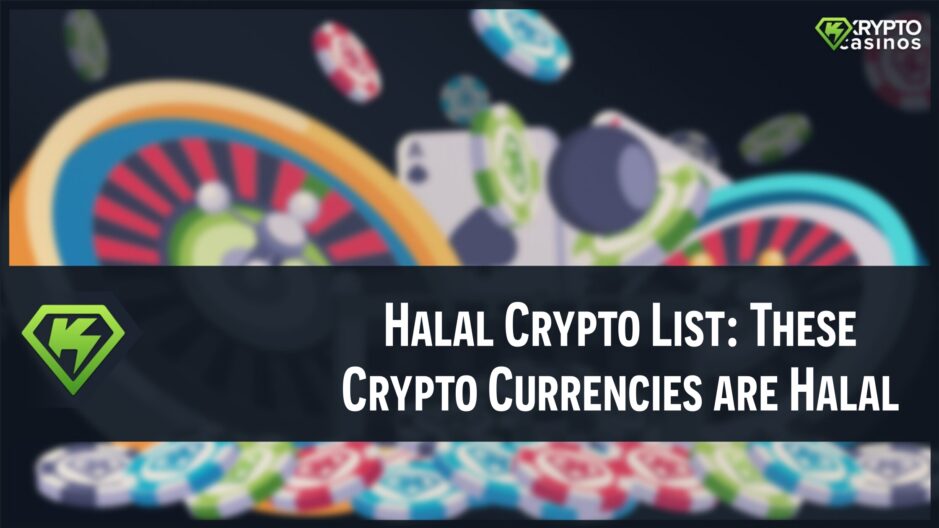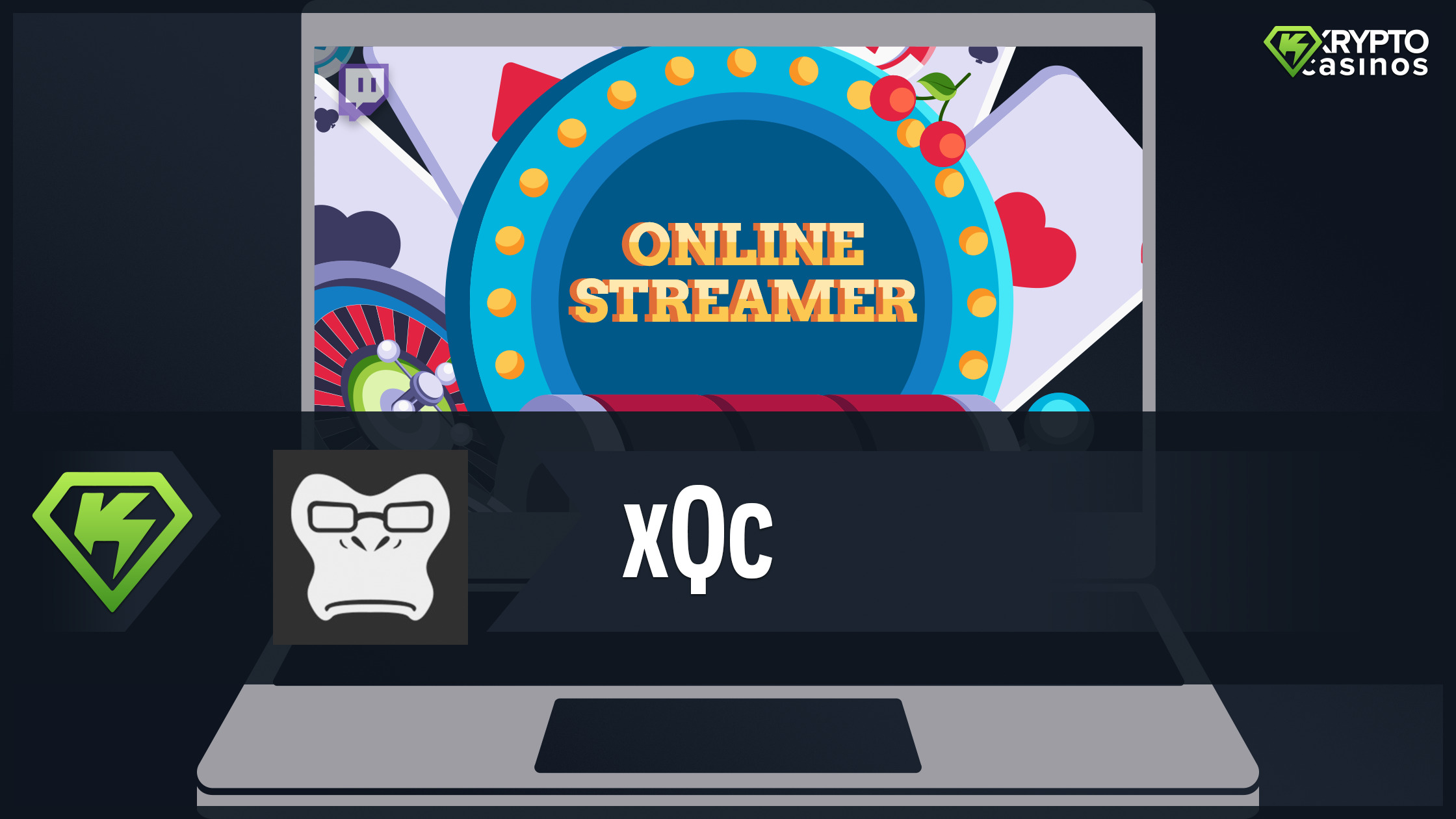Halal Crypto List: These Crypto Currencies are Halal
Various Islamic principles determine whether a cryptocurrency is halal or haram. We explain the rules on riba, gharar and haram transactions and show in a halal crypto list which coins are compliant with Sharia law.
Reading time: ~ 5 minutes

Quick Overview: List of All Halal Crypto Coins
If you're interested in a detailed explanation and assessment, you can jump directly to the section with the table including explanations.
Explanation: Sharia and Cryptocurrencies
Sharia, Islamic law, is a comprehensive system of religious, ethical, and legal principles designed to govern all aspects of human life, including economics and finance. It is based on the teachings of the Quran, the Hadith (sayings of the Prophet Muhammad), and interpretations by Islamic scholars. Sharia aims to ensure a just, ethical, and sustainable financial system that promotes social stability and economic fairness.
In the modern financial world, particularly in the field of cryptocurrencies and blockchain technology, these principles play a crucial role. Many Muslims wonder whether decentralized currencies align with Islamic financial rules and which crypto coins are considered halal.
Riba (Interest Prohibition): No Unjust Financial Gain Without Value Creation
In Islam, lending money with interest is forbidden because it is seen as exploitation of the weaker and leads to social inequality. Riba refers to any form of interest or unjustified financial gain derived from merely holding or lending money.
Relevance of Riba in Cryptocurrencies
- Cryptocurrencies used purely as payment methods (Bitcoin, Litecoin, Stellar) and without an interest mechanism are generally considered halal.
- Stablecoins (such as USDT, USDC) can be problematic if they are backed by interest-bearing assets.
- Staking and yield farming may have riba-like aspects, especially if they generate “passive income” without real economic activity.
The presence of interest-bearing mechanisms in certain cryptocurrencies makes them questionable under Islamic finance.
Gharar (Uncertainty & Speculation): Avoiding Excessive Risk or Fraud
In Islam, contracts involving extreme uncertainty are considered invalid, as they can lead to injustice or fraud. Gharar refers to excessive ambiguity or speculative transactions in which one party takes advantage of the other’s lack of knowledge or uncertainty.
Relevance of Gharar in Cryptocurrencies
- Bitcoin and Ethereum are generally regarded as halal since they function as technology platforms or stores of value.
- Meme coins (such as Dogecoin, Shiba Inu, and Trump Coin) are often classified as haram because they lack intrinsic value and rely primarily on speculation.
- Pump-and-dump schemes and high-volatility day trading raise concerns, as they are centered around quick and uncertain profits, which can lead to unethical financial behavior.
Excessive speculation and market manipulation make some cryptocurrencies incompatible with Islamic financial principles.
Mal (Ownership & Value): Cryptocurrencies Must Have Real-World Utility
In Islamic finance, assets that provide real-world benefits and contribute to social good are considered halal. The concept of Mal (ownership) requires that an asset has actual economic utility and is not purely speculative.
Relevance of Mal in Cryptocurrencies
- Bitcoin is regarded as halal as it functions as a digital store of value and is widely accepted as a payment method.
- Ethereum & Cardano are considered permissible since they offer smart contract functionality, which has practical applications.
- Meme coins (such as Dogecoin, Shiba Inu, and Trump Coin) are problematic as they lack inherent economic value and primarily rely on speculation.
Cryptocurrencies with real-world applications are more likely to be deemed halal, while those driven by speculation remain questionable.
Crypto Casinos with Halal Coins
Although gambling is generally prohibited in Islam, there are increasing discussions about Sharia-compliant gaming and profit platforms that use transparent, fair, and non-speculative models. Especially Arab and UAE Casinos are working to integrate halal cryptocurrencies such as Bitcoin, Ethereum, Solana, and Islamic Coin (ISLM) – especially to provide Muslim users with a fitting gaming experience on gaming sites.
Halal or Haram: The Complexity of Classification
Determining whether a cryptocurrency is halal or haram is not always straightforward, as multiple factors influence the decision. Here are some reasons why making a clear classification can be challenging:
-
Technological Complexity
Most cryptocurrencies have multiple user cases. A blockchain can be used for both halal-compliant purposes (e.g., smart contracts for interest-free financial transactions) and haram-questionable applications (e.g., gambling platforms).
-
Speculation and Volatility
Cryptocurrencies are often associated with high price fluctuations, leading to speculative trading. In Islamic finance, Gharar (excessive uncertainty) is problematic.
-
Potential for Haram Use
Cryptocurrencies offer anonymity and are sometimes used for illegal activities such as money laundering, drug trade, or fraudulent schemes.
-
Stablecoins and Interest-Based Systems
Stablecoins like USDT (Tether) or USDC are pegged to fiat currencies. These are often backed by interest-bearing reserves, which can be problematic as Riba (interest). However, some stablecoins may use Sharia-compliant reserves, making them potentially halal.
-
Evolving Islamic Financial Opinions
Islamic scholars do not always agree on which aspects of a cryptocurrency are permissible or forbidden. Some argue that decentralized systems without interest mechanisms are halal, while others criticize the speculative nature or lack of physical value.
Table and Explanation of Why Coins Are Halal or Haram
| Cryptocurrency | Halal / Haram | Category | Reason for Halal Classification |
|---|---|---|---|
| Bitcoin (BTC) | ✅ Halal | Payment Method | No interest mechanism, serves as a digital payment method |
| Ethereum (ETH) | ✅ Halal | Smart Contract Platform | Offers smart contracts, no riba-based mechanisms |
| Cardano (ADA) | ✅ Halal | Smart Contract Platform | Decentralized platform with real utility and ethical focus |
| Bitcoin Cash (BCH) | ✅ Halal | Payment Method | No interest mechanism, designed for fast transactions |
| Stellar (XLM) | ✅ Halal | Payment Method | Promotes financial inclusion, no speculative mechanism |
| Islamic Coin (ISLM) | ✅ Halal | Islamic Cryptocurrency | Developed according to Islamic financial principles |
| Solana (SOL) | ✅ Halal | Smart Contract Platform | High scalability, no interest mechanism |
| Sui (SUI) | ✅ Halal | Smart Contract Platform | Decentralized platform without speculative elements |
| Hedera (HBAR) | ✅ Halal | Smart Contract Platform | Efficient blockchain, no riba-based mechanisms |
| Dogecoin (DOGE) | ❌ Haram | Meme Coin | Pure speculation, no economic utility |
| Shiba-Inu (SHIB) | ❌ Haram | Meme Coin | Pump-and-dump risk, high speculation |
| Tether (USDT) | ❌ Haram | Stable Coin | May contain interest-bearing reserves |
| USD Coin (USDC) | ❌ Haram | Stable Coin | May contain interest-bearing reserves |
| CasinoCoin (CSC) | ❌ Haram | Gambling Token | Supports gambling and betting |
| Trump Coin (TRUMP) | ❌ Haram | Meme Coin | Pump-and-dump risk, high speculation |
| Monero (XMR) | ⚠️ Controversial | Privacy Coin | High anonymity, often linked to illegal activities |
| Zcash (ZEC) | ⚠️ Controversial | Privacy Coin | Privacy features could be used for illegal purposes |
| Dash (DASH) | ⚠️ Controversial | Privacy Coin | Optional anonymity, could pose speculative risks |
Conclusion and Outlook on Halal Coins in the Crypto Market
The increasing digitization of the financial world is opening new opportunities for Sharia-compliant investments in cryptocurrencies. While Bitcoin and Ethereum are considered halal, specially developed Islamic coins like Islamic Coin (ISLM) have the potential to further expand the market for ethically acceptable digital assets.
In the future, it will be crucial for projects to use transparent business models, fair financing methods, and sustainable technologies if they want to be classified as Halal Crypto Coins. Regulations and certifications from recognized Islamic financial institutions could help bring more clarity to the market and provide Muslim investors with a secure foundation.
We are confident that the demand for halal-certified cryptocurrencies and also Crypto casinos worldwide will continue to grow – especially in countries with large Muslim populations. Companies and developers who integrate Sharia principles into their blockchain technologies have a strong chance of long-term success. At the same time, the challenge remains to distance themselves from speculative and interest-based financial models to establish a truly Islamic financial system in the crypto world.
FAQs: We Answer Frequently Asked Questions About Halal Coins
No, not all cryptocurrencies are considered halal. Cryptocurrencies must comply with certain Shariah principles, in particular the prohibition of interest (Riba), excessive uncertainty (Gharar) and gambling (Maysir). Coins such as Bitcoin (BTC), Ethereum (ETH) and Islamic Coin (ISLM) are considered halal, while speculative or interest-bearing coins such as Dogecoin (DOGE) or USDT (Tether) are often classified as haram.
Stablecoins such as USDT (Tether) and USDC (USD Coin) are problematic because they are often backed by interest-bearing financial assets. Islam prohibits lending money at interest and generating passive income through riba. If stablecoins are financed by the proceeds of interest-bearing bank deposits or bonds, they may be considered haram.
A coin is considered halal if it:
- has a clear economic use (e.g. is used as a means of payment or for smart contracts)
- is not based on speculation or gambling
- does not contain any interest mechanism (riba)
- is not used for prohibited transactions (such as alcohol, gambling, arms trade)
- offers a transparent, fair and ethical use
Among the best long-term investments in halal cryptocurrencies are:
- Bitcoin (BTC): decentralized means of payment with high acceptance.
- Ethereum (ETH): smart contract platform with practical applications.
- Cardano (ADA): scientifically developed blockchain with a focus on sustainability.
- Islamic Coin (ISLM): specially developed for Islamic financial principles.
- OneGram (OGC): gold-backed cryptocurrency for stable investments.
In Islam, gambling (Maysir) is generally prohibited as it is based on chance and often results in financial losses without any real economic value. However, some platforms are working to develop halal-compliant gaming models by offering competitive games that rely on skill rather than pure luck. These casinos integrate halal-friendly cryptocurrencies such as Bitcoin, Ethereum, or Islamic Coin to provide an ethical alternative for Muslim users. Despite these efforts, the question of Sharia compliance remains a subject of debate, and it is advisable to seek guidance from Islamic finance experts for individual assessments.




 Advertising transparency
Advertising transparency